Beef Herd Health and Quality Assurance
All Beef Herd Health and Quality Assurance Content

Winter Management of Herd Bulls
Proactive winter bull management can positively impact reproductive performance in the upcoming breeding season. Learn some expert tips for getting herd bulls prepared for the colder months ahead.
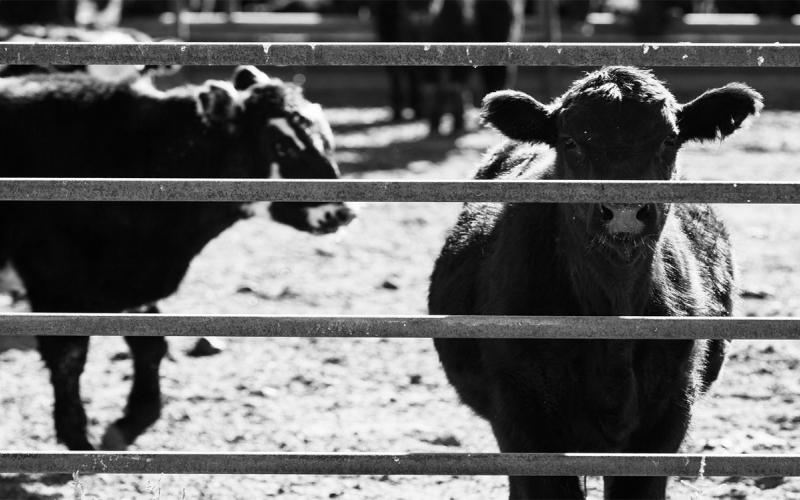
Cull Cows and Trichomoniasis
With increasing amounts of cows being sold at the sale barn with reproductive years left, there are some precautions to be aware of prior to bringing females home to re-breed.

Calving Distribution Affects Herd Health
When the calving season is consolidated, nutritional requirements are more synchronous across the herd, and these benefits extend beyond improved feed management.
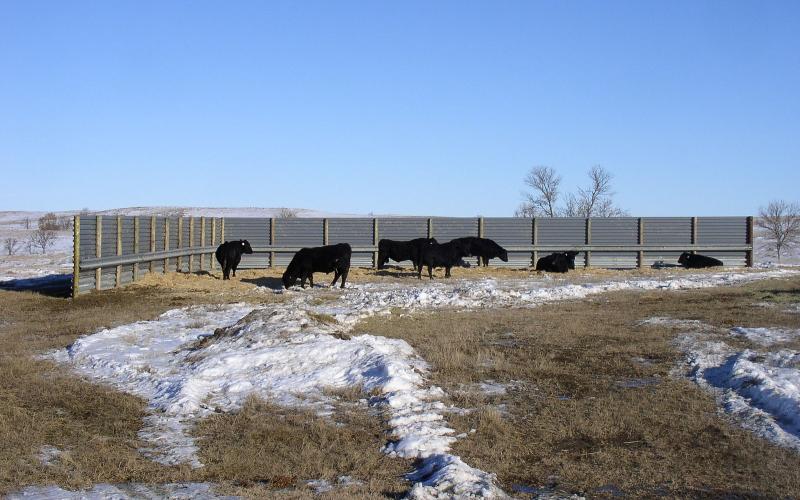
Guidelines for Livestock Windbreaks
Livestock grazing open crop residue fields or large pastures can be left exposed during extreme bouts of cold. Ensuring that cattle and any other livestock being pastured in exposed areas have adequate access to shelter to escape the wind and cold is especially important.
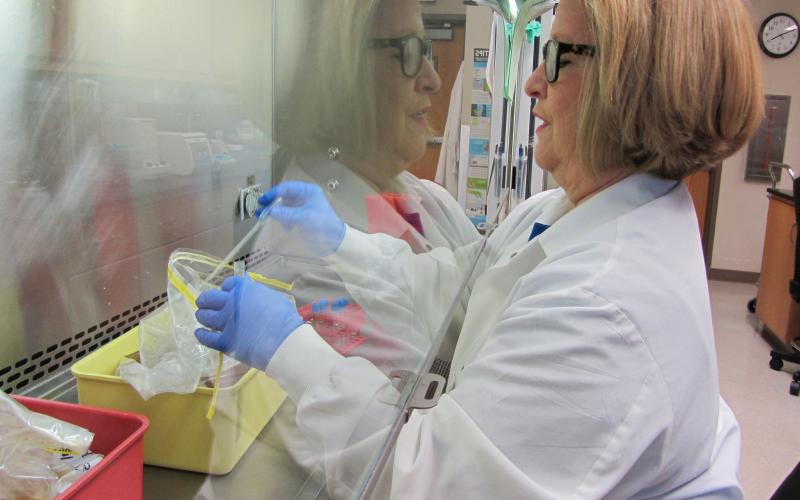
Looking for Foodborne Germs and Their Resistance to Antibiotics
How often do the meat products we buy in the store contain germs that might cause illness in people? Can we learn anything about antibiotic resistance with that information? Those are just two of the questions that SDSU is examining as part of their work with the National Antimicrobial Resistance Monitoring System (NARMS).
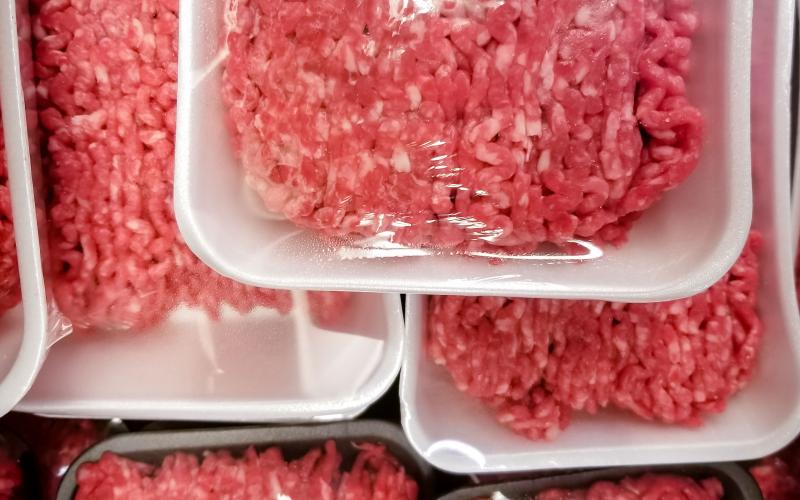
Looking for Foodborne Germs and Their Resistance to Antibiotics: Ground Beef
This report analyzes the NARMS results for ground beef for the period of June 2018 through May 2019.
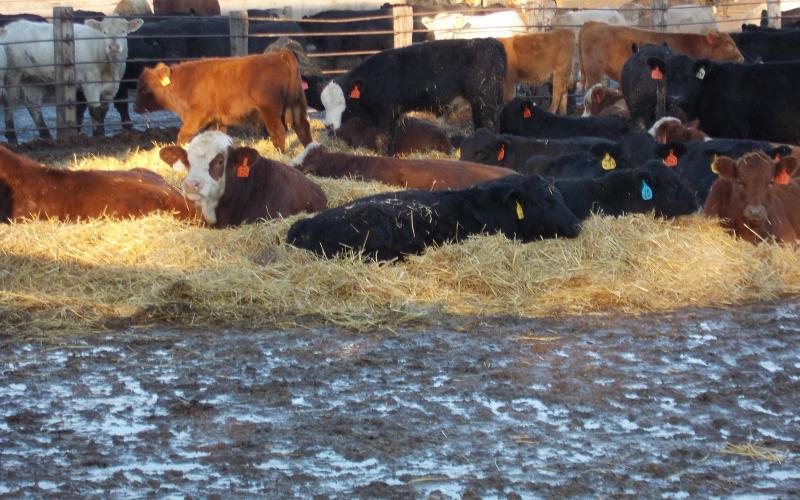
Cattle Bedding and Food Safety
When most people think of farm animals, a picture of Old MacDonald’s Farm likely comes to mind with fluffy, bright yellow piles of straw in and around a barn. Cattlemen may look at bedding as just another chore along with feeding, watering, and doing health checks that promotes the well-being of the animals to grow and produce high quality food.
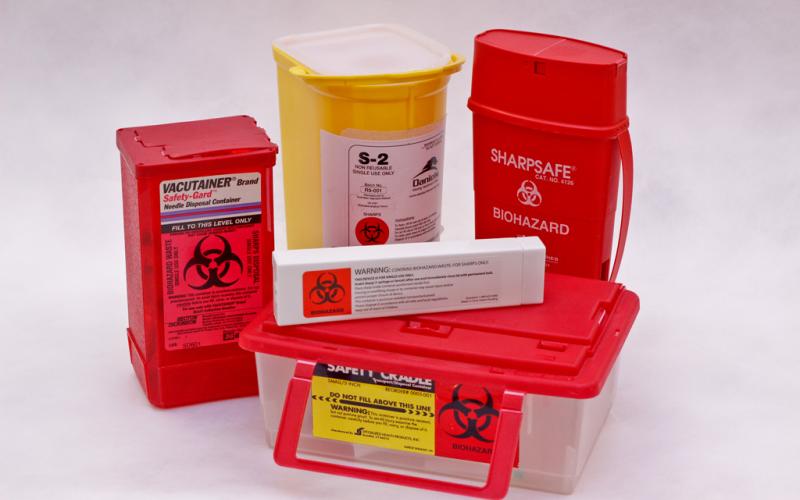
Where Do the Sharps Go?
Sharps used in livestock husbandry practices are considered medical or infectious waste. Regardless of why an animal received a shot, it is important to dispose of the needle in a safe way.
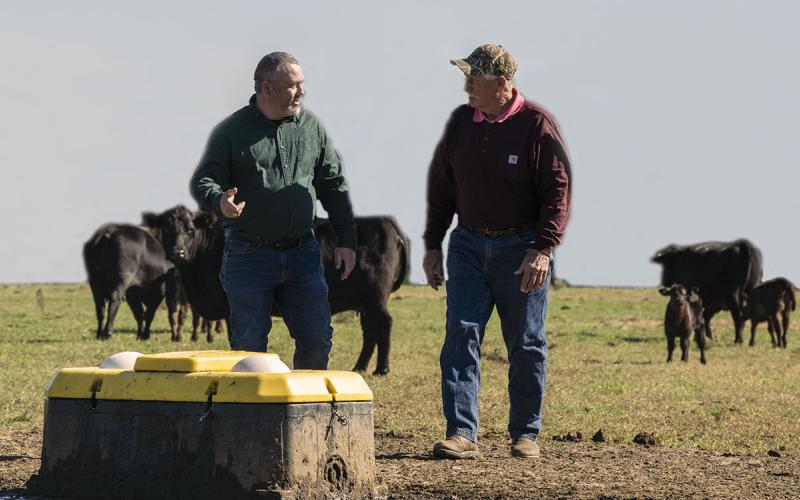
Water Monitoring Systems for Livestock
Depending on animal locations, checking water tanks can require hours of labor and significant fuel costs for remote pastures. Water monitoring systems offer producers a convenient way to check the status of the water sources remotely.
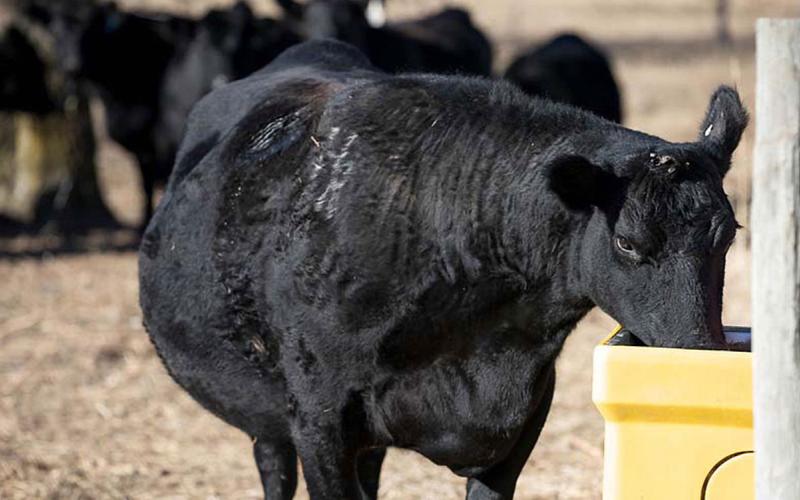
Weather and Water Intake in Beef Cattle
Water is a vital nutrient for beef cattle health and performance, and it is important to understand how weather can influence water intake during periods of warmer and cooler weather.